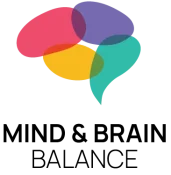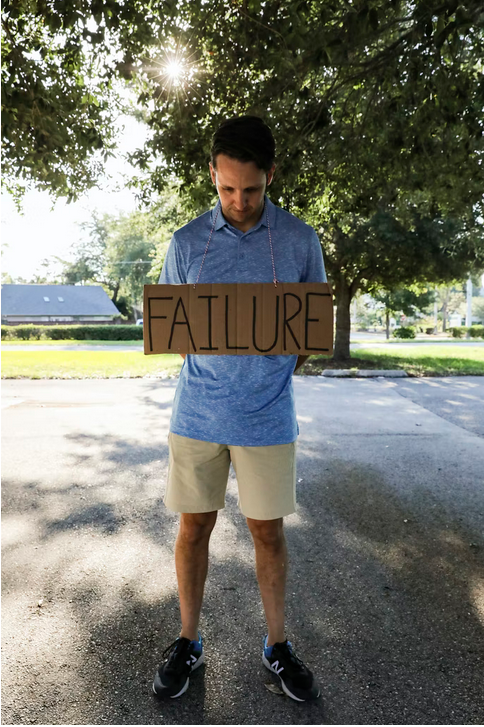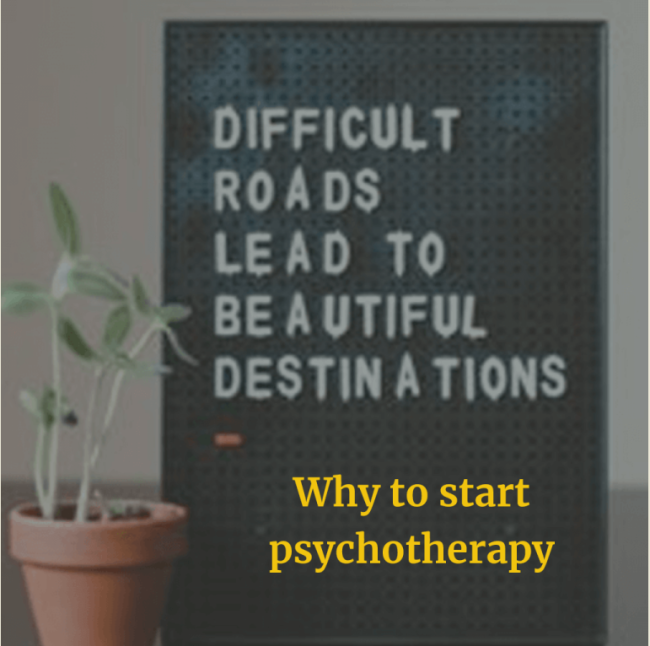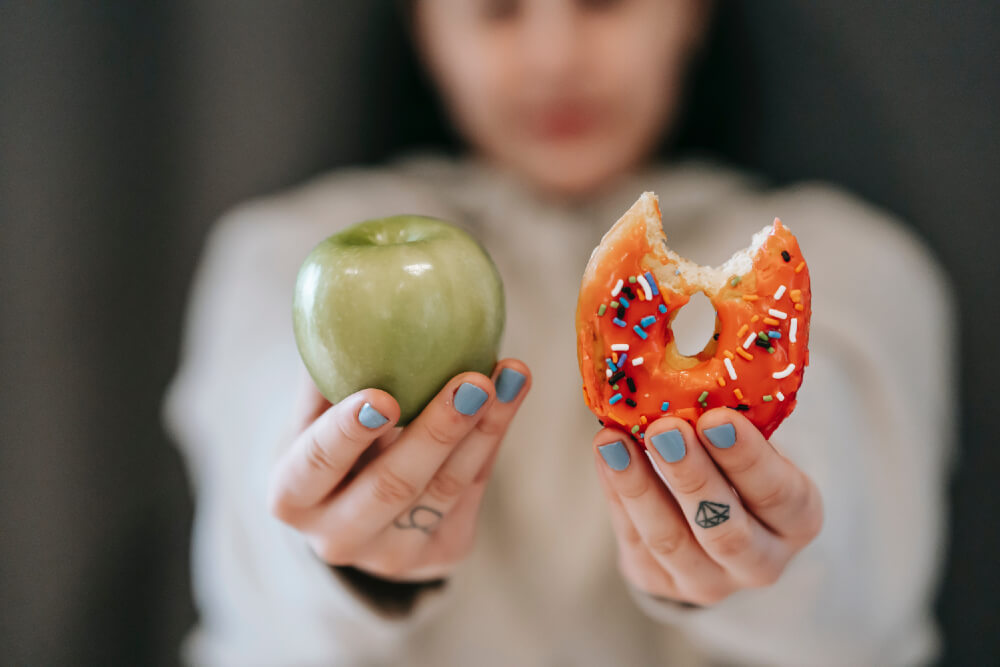Example:
John, despite his many responsibilities and fatigue from his daily routine, receives a favor request from his friend Dimitris to drive him on an errand. Though John arrives on time to pick up Dimitris, the latter is 30 minutes late coming downstairs.
While waiting, John experiences physical discomfort. His breathing becomes rapid and shallow, and he grows increasingly angry and irritated, repeatedly checking the time on his phone.
When Dimitris finally appears, he’s relaxed and cheerful. He casually apologizes for being late—fully aware of his habitual tardiness—and starts chatting as if nothing happened. John listens, internally struggling with his frustration while outwardly appearing attentive, even asking clarifying questions to better understand Dimitris.
Meeting Others’ Needs at the Expense of Our Own
This scenario exemplifies a common experience where we might feel that those close to us:
- Treat us unfairly
- Lack respect for us
- Fail to understand our needs and time constraints
Conversely, we often feel obligated to always say yes and satisfy others’ desires and needs. We may sense that when we need something, others won’t reciprocate. Deep down, we might even feel we don’t have the “right” to ask for anything ourselves.
Certainly, our personal relationships sometimes require us to offer help or make compromises. We do this out of care and love for those close to us, and to strengthen our relationships.
However, when we consistently feel compelled to put our own needs aside for others, we begin to develop negative feelings like bitterness and anger, which intensify over time.
Introduction to Self-Doubt and Its Impact
Self-doubt is an emotional state that often goes unnoticed, occurring automatically and unconsciously. At its core, self-doubt is linked to our beliefs and evaluations about:
- Our confidence in our abilities to successfully perform tasks
- The correctness of our decisions
We experience self-doubt in various situations, such as:
- Before exams, when we lack confidence in our preparation or overall abilities
- When approaching potential employers or romantic interests, fearing rejection due to perceived inadequacies in our résumé, qualifications, or attractiveness
- When setting and pursuing goals, questioning:
- Our ability to achieve the goal
- Whether the goal aligns with our true desires
- The effectiveness of our chosen approach
Consequently, self-doubt often leads us to:
- Abandon our goals
- Avoid pursuing goals through procrastination or self-sabotage
- Overly rely on others for task completion or validation of our choices
Doubt as an Inevitable Part of Life
Doubting our actions is natural in life, as we can’t know everything. When we explore unfamiliar territory, mistakes are bound to happen.
Doubt is an inherent aspect of life that we can’t avoid. At times, it can even be advantageous, alerting us to potential pitfalls and guiding us to make necessary adjustments when we realize something isn’t right.
However, the degree to which doubt hinders us depends on our self-trust, capabilities, self-esteem, confidence, and sense of self-worth.
Self-doubt, specifically, involves questioning and feeling disconnected from our experiences, memories, actions, thoughts, and emotions.
Further Explanation of the Example in Relation to Self-Doubt
This is where self-doubt connects to the earlier example with John:
Self-doubt affects not only practical matters or personal goals but also:
- Our interpersonal relationships
- Our feelings within these relationships
- Our self-perception and self-regard
In the example, John’s friend’s habitual lateness suggests a recurring pattern, causing John to experience negative emotions while suppressing his own needs.
Why does this pattern persist? And why does John appear attentive to his friend despite his inner turmoil?
The reasons are:
- John has never openly expressed his frustration or set clear boundaries with his friend.
- He tries to be likable by altering or suppressing his true feelings to meet others’ expectations.
- He fears that expressing his true feelings might upset others, leading to guilt or shame.
- He also fears abandonment or rejection, which would leave him feeling isolated.
Crucially, John may have learned, particularly during childhood, that his feelings, thoughts, ideas, and experiences are less valuable than those of others.
Each time he reinforces this pattern, his self-doubt grows, while his self-esteem and confidence wane.
In essence, self-doubt is a lack of self-trust and a deep-seated insecurity about our actions, thoughts, knowledge, and emotions. This cycle intensifies when we fail to be authentic and neglect to set boundaries. Consequently, we become distorted shadows of our fantasies, shaped by others’ desires and our fear of disappointing them.
Living with Self-Doubt
Self-doubt distances us from truly experiencing life by trapping us in our minds, keeping us constantly preoccupied. We find ourselves endlessly scanning and analyzing, questioning our capabilities. Alternatively, self-doubt can fixate us on perceived mistreatment by others, fostering misunderstanding and leading to a perpetual state of defensiveness and victimhood.
Our sense of self, personality, and identity are largely shaped by our memories—formed from lived experiences infused with emotional, cognitive, and physical reactions.
When we lack harmony with our experiences, memories, thoughts, behaviors, and emotions—constantly doubting them without asserting ourselves through boundaries and authenticity—we essentially:
- Lose our sense of self
- Feel stuck in a stagnant state
- Forfeit our sense of agency, relying on others for help, guidance, and validation
Ultimately, we compromise, settling for an unfulfilling daily life. We resort to defense mechanisms—rationalization, denial, avoidance, repression, and emotional isolation—to evade the anxiety of emotional discomfort we experience:
- In relation to certain people
- Or the situation our life has become
As we navigate daily life without introspection, compounded by life’s pressures (socio-political, economic, health issues, etc.), this situation evolves into an increasingly complex tangle, blurring its origins and endpoints.
Embrace Your Power to Shape Your Life
This phrase may sound clichéd and frustrate some, but it’s profoundly true and essential: your life is in your hands.
The more we forget this truth—or try to convince ourselves that external factors solely determine our life situation—the more we perpetuate our circumstances and feel as if we’re living someone else’s life.
Of course, we aren’t responsible for our upbringing, government policies, natural disasters, or pandemics.
However, we are responsible for our attitude, decisions, and daily actions. We’re also accountable for how we cope with and manage stressful situations, as well as our emotions, thoughts, and behaviors within them.
Acknowledging this isn’t easy, and there’s comfort in avoiding this realization. Yet, psychotherapy provides a space where this tangled mess can gradually unravel, and where “my life is in my hands” begins to resonate during sessions.
Through therapy, an individual can:
- Deepen self-understanding
- Develop better emotional regulation
- Challenge and change dysfunctional thought patterns and behaviors
- Cultivate authenticity and assertiveness, ultimately breaking the cycle of self-doubt
Tips to Reduce Self-Doubt and Its Impact
1) Awareness of Self-Doubt
The first step is recognition and acceptance of the fact that we doubt ourselves. Being aware of this helps clarify and understand certain things:
- First, we start realizing that sometimes we are too hard on ourselves and undermine our own worth.
- Second, we recognize how we leave ourselves “unprotected” against anyone who, consciously or unconsciously, may try to exploit this weakness.
- Finally, awareness of what is happening opens new pathways and may warn us of recurring behaviors and patterns where we doubt ourselves.
2) Don’t Be Too Hard on Yourself
It’s essential to stop being overly demanding and critical of ourselves, allowing space and time to act. Inevitably, in life, we will make mistakes and encounter things we don’t know.
We don’t need to be perfect all the time for others to accept us. Ultimately, we need people in our lives who accept us for who we are, even with our mistakes and imperfections.
3) Set Clear and Realistic Goals, and Avoid Vague Wishes
Regarding doubts about our goals, we first need to clarify:
- Exactly what our goal is
- Whether it is realistic
- Its timeframe
- What we need to learn
- And what obstacles to avoid.
A good plan and strategy are essential for achieving a goal, rather than just vaguely wishing for something and hoping it materializes the next day.
Additionally, achieving our goals requires persistence and patience, effort, and sometimes stepping out of our comfort zone.
4) Stop Listening to Sirens, Trolls, and Couch Critics
Constructive feedback or useful information is always welcome. However, you need to discern whose opinion matters. Learn to differentiate between well-intentioned criticism (even if it’s negative) and malicious criticism, which doesn’t aim to help you at all.
For example, if you want to start a business, the opinion of a stranger who is a successful entrepreneur may be more valuable than the opinion of friends or parents who neither have business knowledge nor have taken many risks in their lives.
Moreover, comments like:
- “Who do you think you are to become an entrepreneur?“
- “With the economy the way it is, how do you expect to start something like that?“
- “You’re not cut out for that, stay in your lane.“
First, these do not benefit you at all (they provide no knowledge or value). Second, they are simply limiting beliefs that others hold for themselves and are trying (mostly unconsciously) to impose on you as well.
5) Change Your Mindset and Understand the Unique Benefit of Self-Doubt
The only real benefit of doubt is when we eventually see (after 6-9-12 months of effort or a reasonable period) that what we are pursuing is not yielding results.
When we set a goal and see it’s not being achieved, we don’t need to immediately tell ourselves that we’ve failed. Instead, we can consider:
- Whether we need to develop more skills for what we want to do.
- Whether we need to reassess, modify, and change our goal.
- Or finally, if we realize the goal is not attainable and needs to be abandoned, we can reflect on the lessons, new knowledge, and experience we’ve gained so far. All these are wins from our efforts that will help us in future situations, one way or another.







